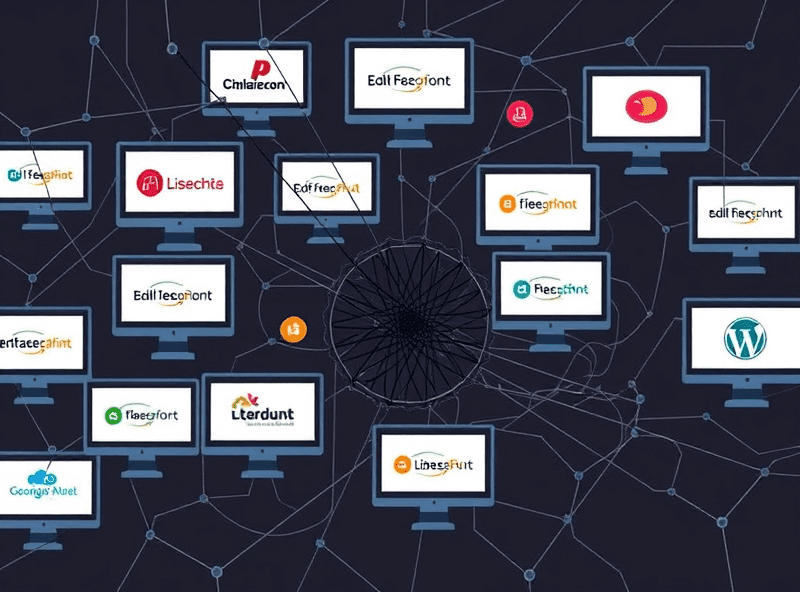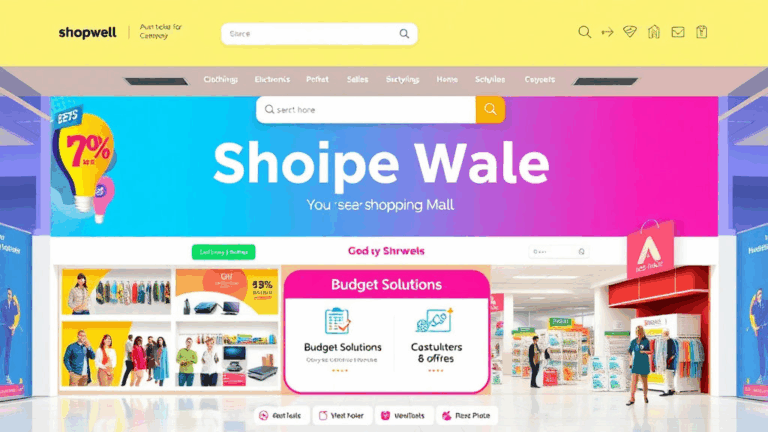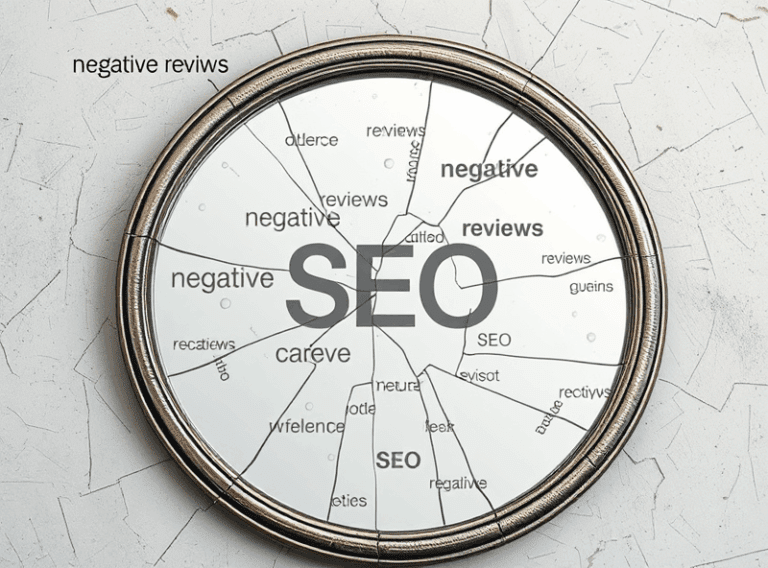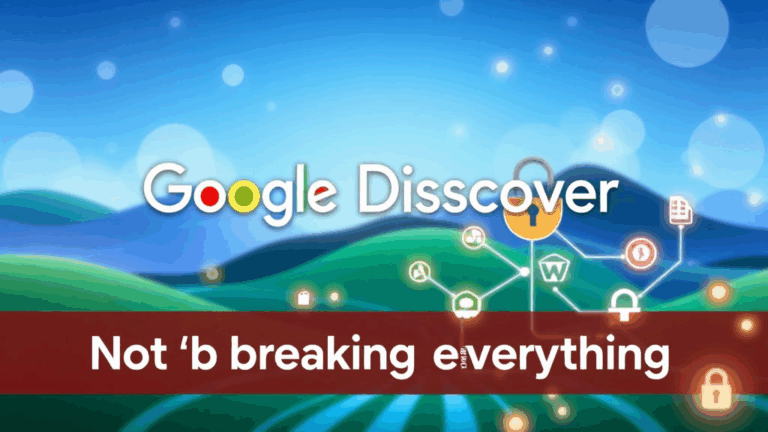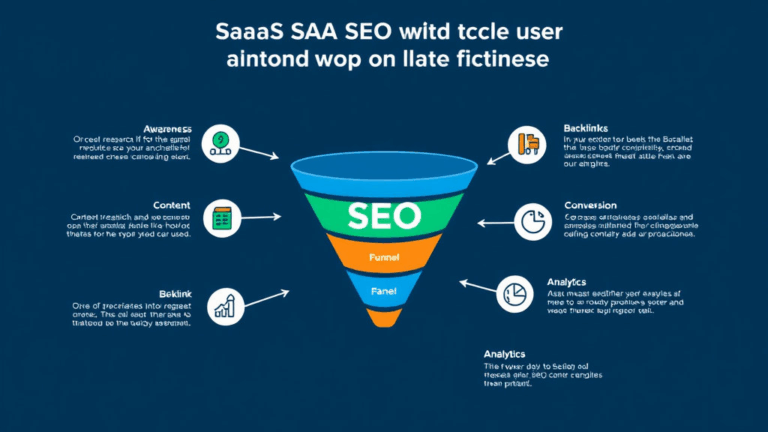What Actually Works When Building SEO Relationships with Influencers
Cold emails that don’t get immediately trashed
I’ve burned plenty of bridges just from a bad subject line. Influencers — especially the ones whose tweets end up embedded in SEO conference decks — get a dozen “collab?” emails a day. If you’re going in cold, your only shot is hyper-relevance. Mention a recent post they got pushback on. reference a ChartMogul number they dropped quietly in a thread. Avoid asking for anything in the first email.
Quick trick I picked up: Bcc yourself. Gmail will thread emails to the same contact even if their end doesn’t reply, so you can track where the convo fell off. Makes follow-ups way less guessy.
Also, avoid auto-inserted Calendly links — some folks see that and think you’ve already decided your time matters more than theirs. I used to do this a lot until someone screenshotted my email and subtweeted it. Never again.
When Google crawlers hit influencer shoutouts
This one stung. I had secured a sweet shoutout from someone in the local SEO tools space. They name-checked our platform, linked directly, even formatted it nicely in one of their tutorials. Page got scraped 13 minutes after it went live. I saw a spike in our Search Console impressions… and then dead air.
The link was wrapped in a redirect script — fair, since their CMS auto-transformed outbound links. But Googlebot didn’t chase it. Turns out, if a redirection is JS-based and not clear in rendering, the crawl budget may skip indexing it entirely. No juice from it. Total zero.
The workaround: Ask politely after a few days if they could use a plain anchor tag instead of that modified script-fu. If the relationship’s decent, they’ll tweak it. Just don’t make it your first ask.
Half the SEO Twitter people use burner chat platforms
This might sound totally off-topic, but it matters: you’re not going to build influencer relationships solely via Twitter DMs or email. A lot of the SEO people who actually publish data-backed insights coordinate via smaller Discord groups, Slack spillover hubs from ex-agencies, or weird offshoot networks like Guild.
I accidentally got into one after replying to a 4-year-old tweet about schema markup. Two days later, someone messaged me an invite link. No context. Inside, I found maybe 30 technical SEOs trashing tools they had publicly endorsed.
If you’ve only focused on the big names with public-facing profiles, you’re probably missing the folks who are actually influencing positioning strategy from behind their second monitor at 2 AM.
Your brand’s blog probably disqualifies you
This one’s personal. I spent weeks trying to get a collaboration with a mid-tier influencer who built templates for SEO agencies. After four back-and-forths, she admitted the only reason she ghosted us: our blog buried contributor names under the corporate handle. She didn’t want to be just another unnamed guest post on “The Brand Voice”.
The fix: Set up contributor bios with clear authorship — even if you have legal reviews and edits, authorship still matters. Most influencers want work tied to them, not your product update cadence.
Also: link out to their other projects without being asked. Not just out of courtesy — it signals you’ve done your homework and you’re not trying to redirect all attention to your domain.
Ghostwriting arrangements have weird unspoken rules
If you’re planning to “amplify” your SEO by ghostwriting for influencers… tread carefully. Their audiences know their voice. If you screw it up even slightly, engagement will tank and the influencer might never open your emails again.
One time, I wrote what I thought was a killer thread for a technical SEO YouTuber. Structured, on-brand, dense… and flatlined. He finally told me, “People expect me to rant like I’m five cups in. Yours read like an academic pulled from a Medium draft folder.” He wasn’t wrong.
Here’s what helped after that:
- Start drafts from actual quotes of theirs — not outlines.
- Always leave in at least one mild swear word, or whatever tone cue their audience eats up.
- Run test drafts in their Slack before public posts; their inner circle can spot off-brand phrasing fast.
- Don’t pitch anything involving keyword clustering. That’s 2018 energy — they want narrative depth now.
- Never, ever write “Top 5 Tips…” unless they’ve done that exact thing before.
That gig recovered — barely — but only because I owned the miss and rephrased the whole second tweet into a rambling sentence like he would’ve said on camera. Suddenly engagement tripled.
This sucks to hear, but DA still sways initial trust
No matter how much we pretend domain authority is outdated, influencers absolutely use it to vet guest post requests. I’ve literally seen Screaming Frog audits leaked where guest posters were filtered out for DA under 40, or even 50. Is it dumb? Yes. Is it still quietly happening? Also yes.
If your site is under that threshold, don’t lead with an “exciting collaboration idea.” You have to prove high engagement or traffic-worthiness another way — like real user stats, or screenshots of HN or Reddit posts driving referral boosts.
Even better — just build something they want to link to without asking. Tools, interactive checkers, or graphs using peely Clickstream data still get traction. Influencers want stuff that makes them look smart without doing extra research. If your thing does that and looks polished, the backlinks show up.
“I’ll send it to my network” almost never happens
Nearly every co-marketing agreement from SEO platforms includes that line. And guess what — almost nobody follows through unless there’s social currency in it for them. They might toss your post into a Slack for 5 minutes, but unless it ties to something they can talk about later, it fizzles.
I had one situation where a guest wrote something for our blog and claimed he’d “blast it to his newsletter of 2,000+ SEOs.” The tweet hit. The post didn’t. Turns out, the newsletter hadn’t gone out in six months and only got a 4% open rate anyway.
So now, I ask directly: “Where exactly do you plan to share this?” If they name specific platforms, accounts, and timelines, cool. If they say “my audience,” walk away or prepare to be ignored.
Linked mentions in podcasts behave differently in SERPs
So here’s a weird one. We got a shoutout in a longform podcast hosted by two well-known SEO consultants. They linked us in the episode show notes — looked great. The domain showed up in unlinked contexts, like podcast transcript dumps, and even Pull Requests on GitHub teaching about canonical tags. But when checking indexed pages… almost none of those pages were crawled.
After poking around, I noticed something dumb: Google had silently ignored the headless CMS used to generate the podcast micro-sites. Midroll and ad trackers loaded asynchronously, but the links were getting de-prioritized due to page timing bloat and render-blocking CSS.
Eventually, one of the podcast co-hosts moved their note layouts to a simpler theme that used proper <a href="…"> and canonical tags. The very next week, our referrer log showed traffic from Google crawling that version instead. It was a stupid mess solved by literally saying: “Hey, could you just make the text visible faster?”
Treat influencer favors like technical debt
This one’s abstract but earned. Every backlink you get from an influencer mention, tweet, podcast link, whatever — that’s debt. Platform perception changes, and you’ll want to cash in another favor six months later. If the previous ask was a quick turnaround, or it got little reach, they’ll remember. So will their virtual assistant who filters your emails.
I try to keep a stupid little Notion chart of who helped me out when, and whether I’ve reciprocated. It’s got emojis and red flags. No AI logic. Just raw vibes. It keeps me honest when the instinct is to “circle back” to someone who already gave me a shot.






